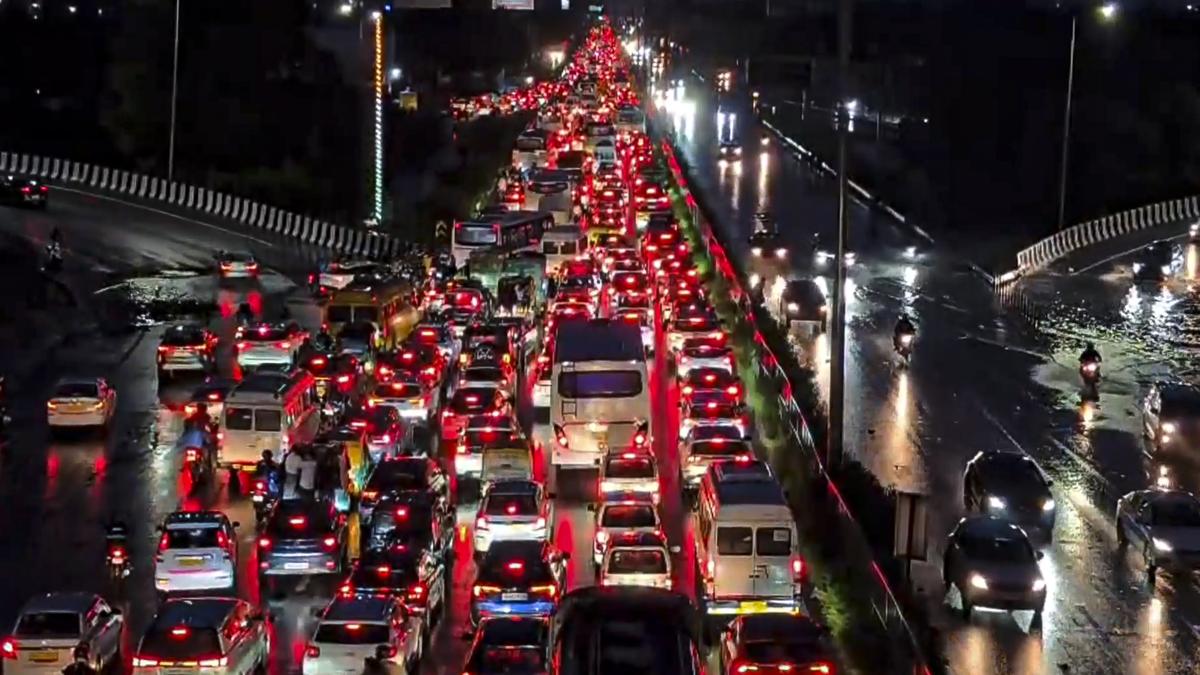Parliament is yet to constitute the Joint Committee that will review the three Bills on the removal of the Prime Minister, Chief Ministers, and Ministers arrested on serious criminal charges for 30 days. The Lok Sabha had passed the resolution to refer the Bills to the panel two weeks ago.
While the Congress, which is the single largest Opposition party in the Lok Sabha, is yet to take a decision on joining the panel, the Trinamool Congress, the Samajwadi Party, and the Shiv Sena (UBT) have declared their intent to keep away.

Union Home Minister Amit Shah had introduced the Constitution (One Hundred and Thirtieth Amendment) Bill, 2025; the Jammu and Kashmir Reorganisation (Amendment) Bill, 2025; and the Government of Union Territories (Amendment) Bill, 2025 in the Lok Sabha on August 20.
A senior Congress leader on Thursday (September 4, 2025) said the decision on whether to join the panel or not was under “active consideration”. The Rashtriya Janata Dal (RJD) too is leaning towards not being part of the panel. Dravida Munnetra Kazhagam’s Rajya Sabha floor leader Tiruchi Siva said his party was working with others to decide on the issue. “We will take a united stand on the issue. We are discussing with others all relevant aspects,” Mr. Siva said.

There are two sides of the argument. The parties that have declared their intent to stay away from the panel are citing the example of the Opposition’s decision to boycott the Joint Parliamentary Committee on the Bofors case in 1987. Six major Opposition parties had boycotted the JPC since the majority of the committee’s members were from the Congress. These included the Telugu Desam Party and the Asom Gana Parishad, which are at present allies of the Bharatiya Janata Party.
Trinamool Congress’s Rajya Sabha leader Derek O’Brien, in a newspaper column, noted that members of the JPC were nominated by parties based on their strength in the House. “So the ruling party or coalition, with larger numbers, dominates. Also, the recommendations of the JPC are only advisory in nature and the government is not bound to act on them,” he wrote.
The Samajwadi Party has also made similar arguments. “These Bills are clearly aimed to destabilise elected governments in Opposition-ruled States. They were introduced with malice. Our presence in the panel is unlikely to have a significant impact on the sum and substance of the legislation,” Rajya Sabha member and senior SP leader Javed Ali Khan said.
He cited the example of the Joint Committee on the Waqf (Amendment) Bill. “The suggestions from Opposition members were largely ignored, forcing them to file dissent notes,” he said.
There is also a counter-argument that participation in such a panel would help record the Opposition’s objections. Many in the Opposition have argued that this will have a legal significance and can be cited in court, if the Opposition decides to challenge the Bills.



.png)
.png)
.png)
















 2 hours ago
3
2 hours ago
3







 English (US) ·
English (US) ·